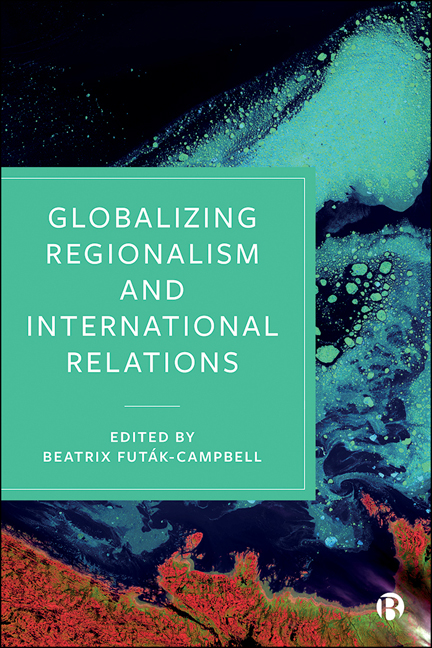5 - Environmental Regionalism in the Caspian Sea: A Functionalist Approach
Published online by Cambridge University Press: 21 December 2021
Summary
Functionalism is both a theory and an empirical observation that seeks to survey different nations through their common societal interests and problems without emphasizing power politics, nationalism or religious, cultural and ideological differences (Mitrany, 1966). It can be characterized as an issue-specific and technocratic approach to (regional) politics. It has been applied to the analysis of regional integration, international organizations and multilevel governance, and in interdependence literature (Wolf, 1973; Pagoulatos and Tsoukalis, 2012; Söderbaum, 2016). Despite its popularity in the 1950s, 1960s and 1990s, the theory does not figure prominently in recent contributions to the rapidly growing body of literature on regional cooperation or comparative regionalism. It is argued that the new literature on comparative regionalism should keep away from classical functionalism because it is an idealistic theory and it does not explain developments outside Europe (for example, Moravcsik, 1993; Hoffmann, 1995; Dannreuther, 2014). Against this established backdrop, the starting point of this chapter is to challenge this perception and demonstrate the usefulness of classical functionalism's relevance to present-day regionalism.
Two studies have so far applied classical functionalist theory to the Caspian Sea region, namely Blum (2002) and Petersen (2016). However, they both fall into the common trap of judging the functional developments in the Caspian Sea region against an explicitly European benchmark, as do other scholars. Petersen (2016: 151) concludes that: ‘The integration currently underway in the energy and transport sectors has not placed pressure on other sectors to follow suit, the way that coal and steel integration in Western Europe did in the 1950s.’ In the same vein, Blum (2002: 171–2) concludes that unlike the post-Westphalian system, the Caspian littoral states do not share their sovereignties and autonomous decision-making right with the Caspian Environment Program (CEP), which means it represents traditional high politics. Both scholars expected to find European-style cooperation and integration without acknowledging the Caspian Sea's historical, political, economic, material and normative distinctiveness. By applying a Eurocentric approach, these works ignored the specific characteristics of the Caspian Sea of cooperation and its distinct set of political, economic and social goals set by the littoral states. As a result, they ended up sceptical and less convinced by the assumptions of classical functionalism because they were oriented too much on the European experience.
- Type
- Chapter
- Information
- Globalizing Regionalism and International Relations , pp. 103 - 124Publisher: Bristol University PressPrint publication year: 2021



